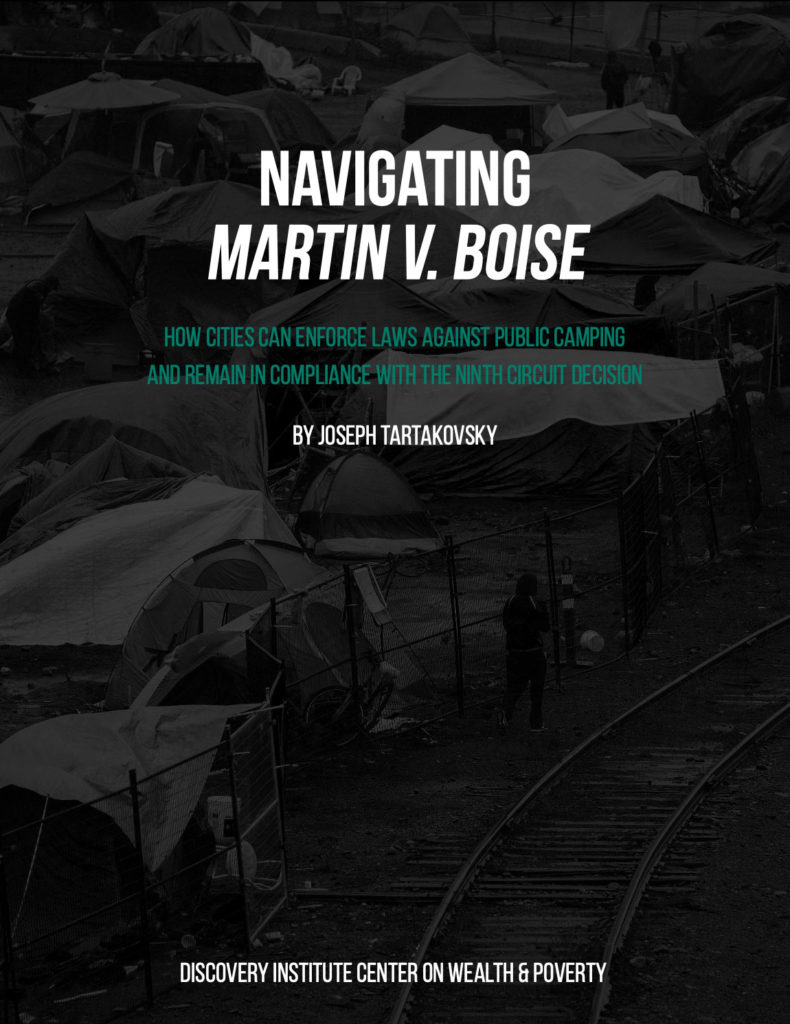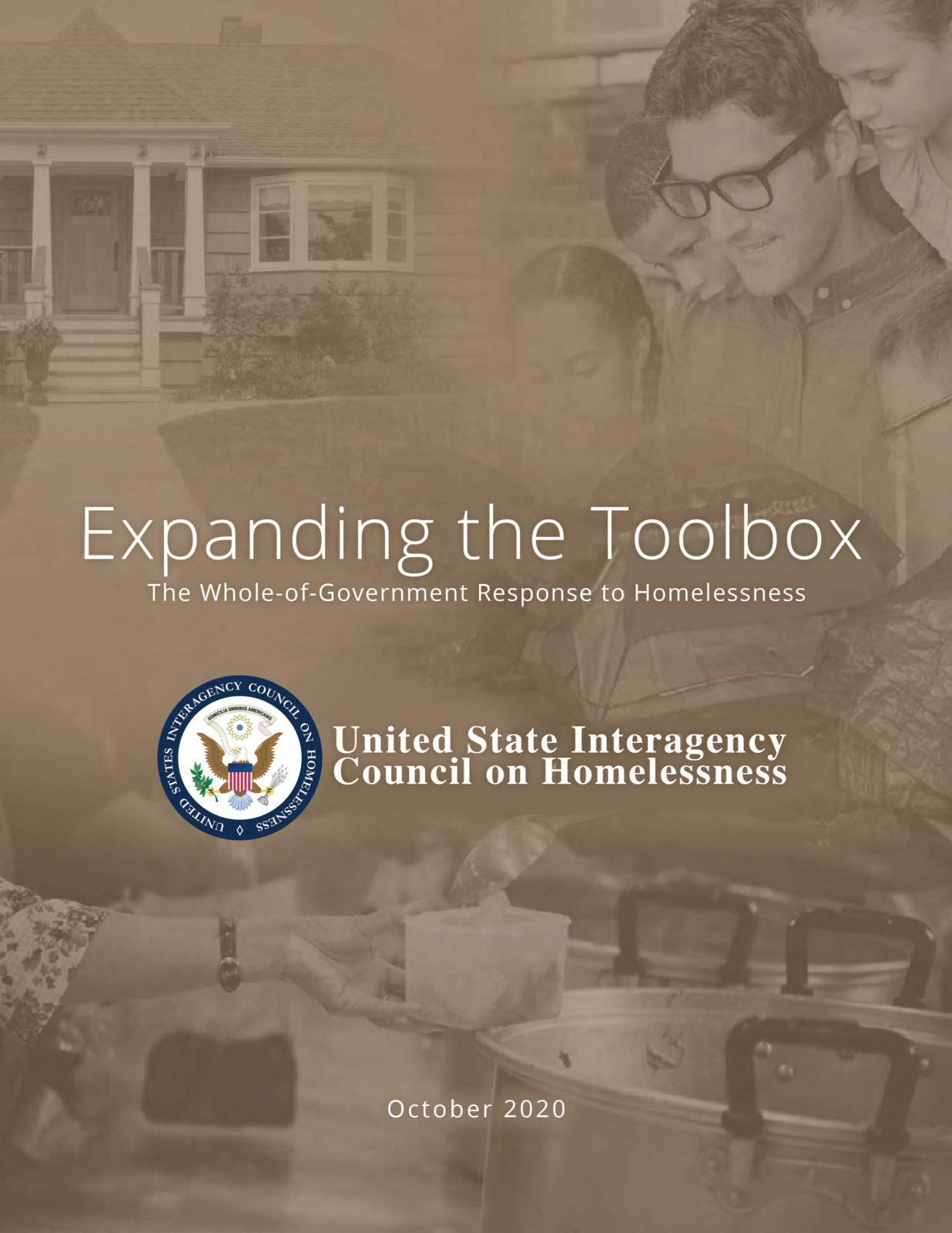Toolbox
Tried and tested resources from a bipartisan coalition of researchers, business leaders, neighborhood organizations, and elected officials committed to charting a new path on homelessness.
National Report
The problems linked to homelessness, including substance abuse, mental illness, and crime, are increasing in America despite untold sums of government money spent to address this complex problem. Congress and the Executive Branch need to focus more on untreated mental illness and substance abuse to reduce homelessness, drug overdoses, jail overcrowding, and misuse of emergency rooms. Discovery Institute’s report recommends that Congress:
- eliminate the Housing First policy and adopt the Housing PLUS Act;
- require that supportive services such as addiction treatment and job counseling services be combined with housing initiatives;
- revise the “IMD Exclusion” policy of Medicaid that limits care for mental illness and is responsible for much suffering on urban streets.

Expanding the Toolbox
From the United States Interagency Council on Homeless led by Discovery Institute Senior Fellow Robert Marbut, this 2020 strategic plan, Expanding the Toolbox: The Whole-of-Government Response to Homelessness, envisions an approach that dramatically reduces homelessness by engaging and assessing families and individuals with a trauma-informed approach to care that addresses the real root causes of homelessness. This plan focuses on:
- The Importance and Power of The Dignity of Work
- Mental Health and Trauma Informed Care Are Critical
- Affordable Construction Leads to Affordable Housing
- Prevention Will Save Money While Reducing Trauma
- The Need for Population Specific Programming
- Renewed Focus on Racial Disparities
- Promotion of Alternatives to Criminalizing People Experiencing Homelessness, and
- Importance of National Emergency Readiness.

Legal Guide
We have created a legal guide for cities to maintain compliance with the Martin v Boise decision. The guide outlines best pract ices for compliance and provides models for successful ordinances that balance enforcement, housing, and legal requirements. The guide is written by Joseph Tartakovsky, attorney for the City of Boise in the Martin v Boise case.
Case Studies
We have created case studies of cities that have delivered cost-effective and rapid results on homelessness. We’ll show you how San Diego built an emergency shelter and moved 700 people off the streets, how Burien eliminated camping in public parks, and how Modesto reduced quality-of-life crimes associated with homelessness by 83 percent — all within 60 days.


